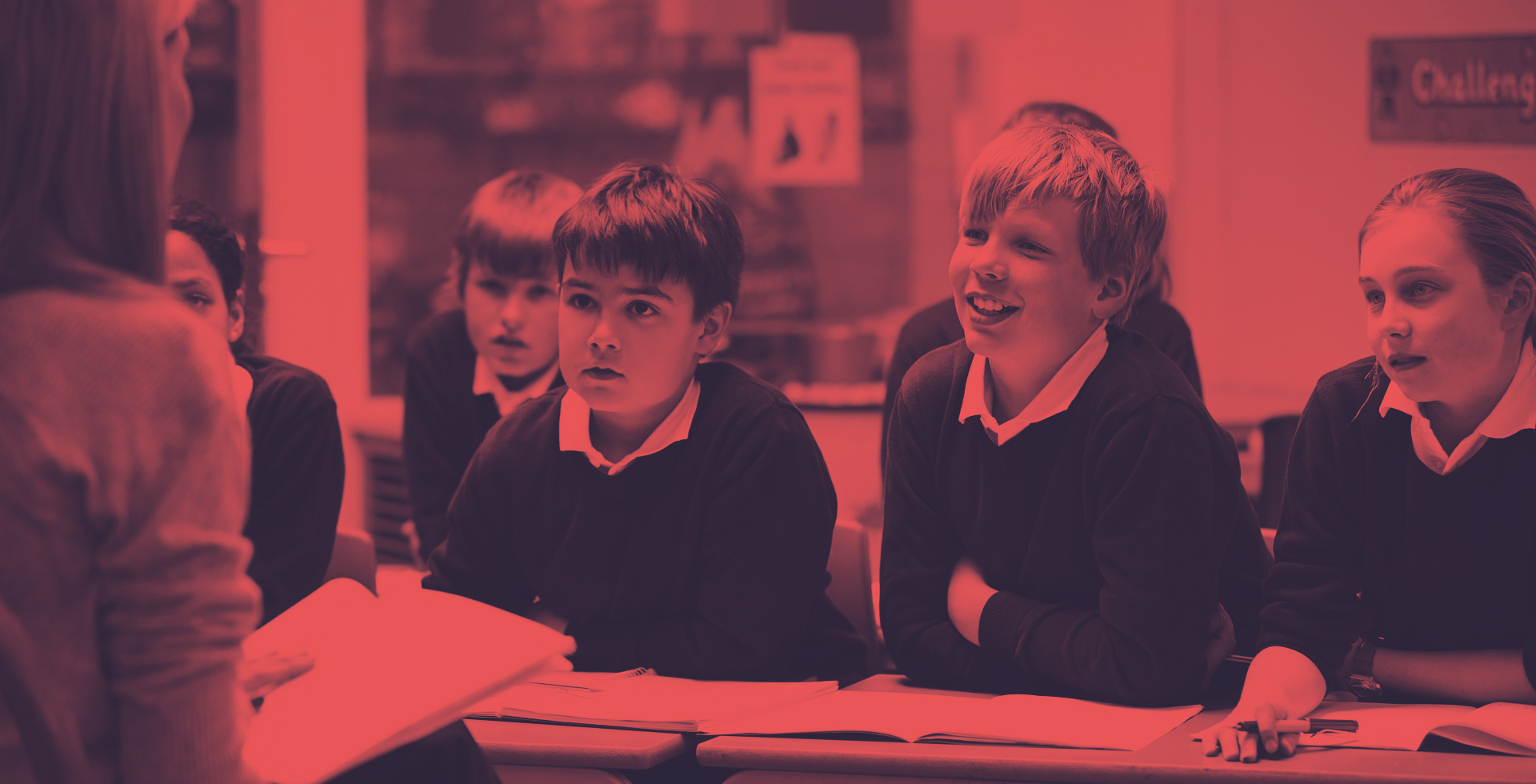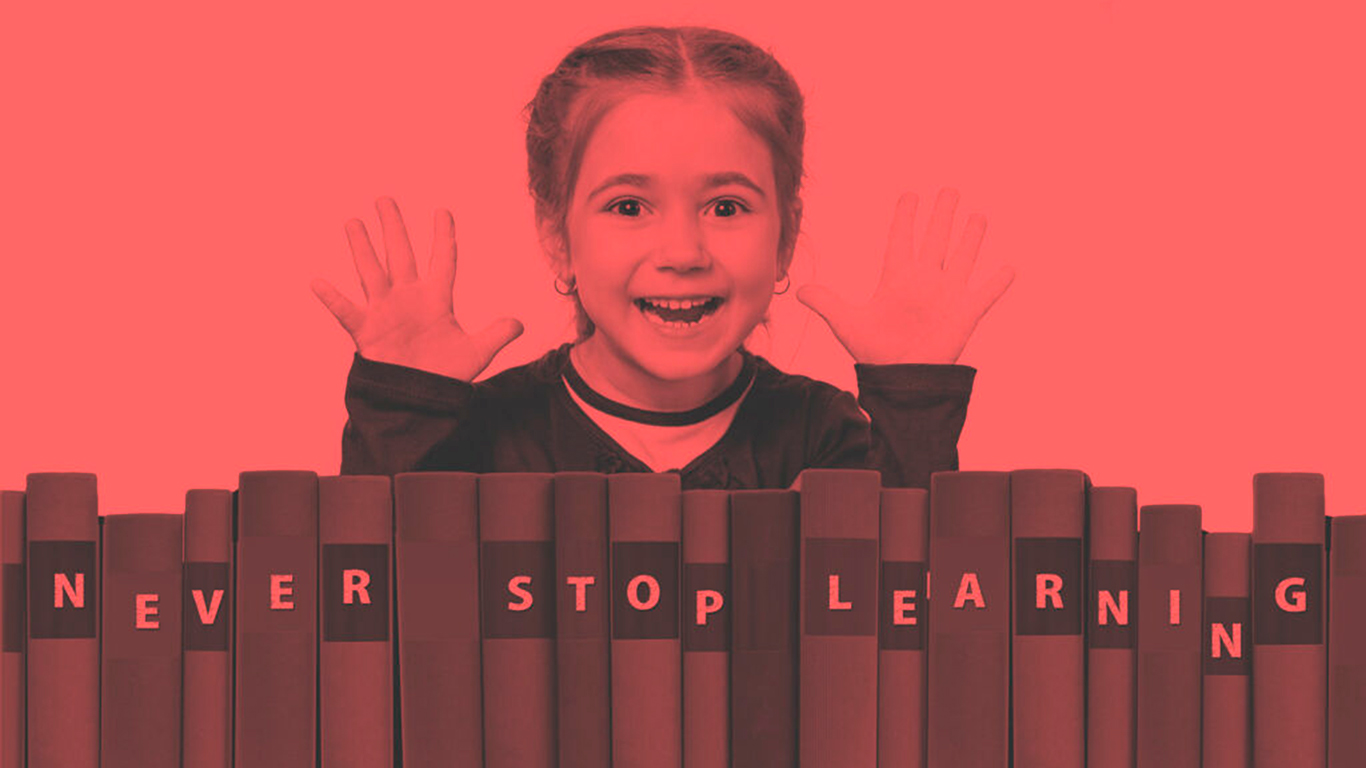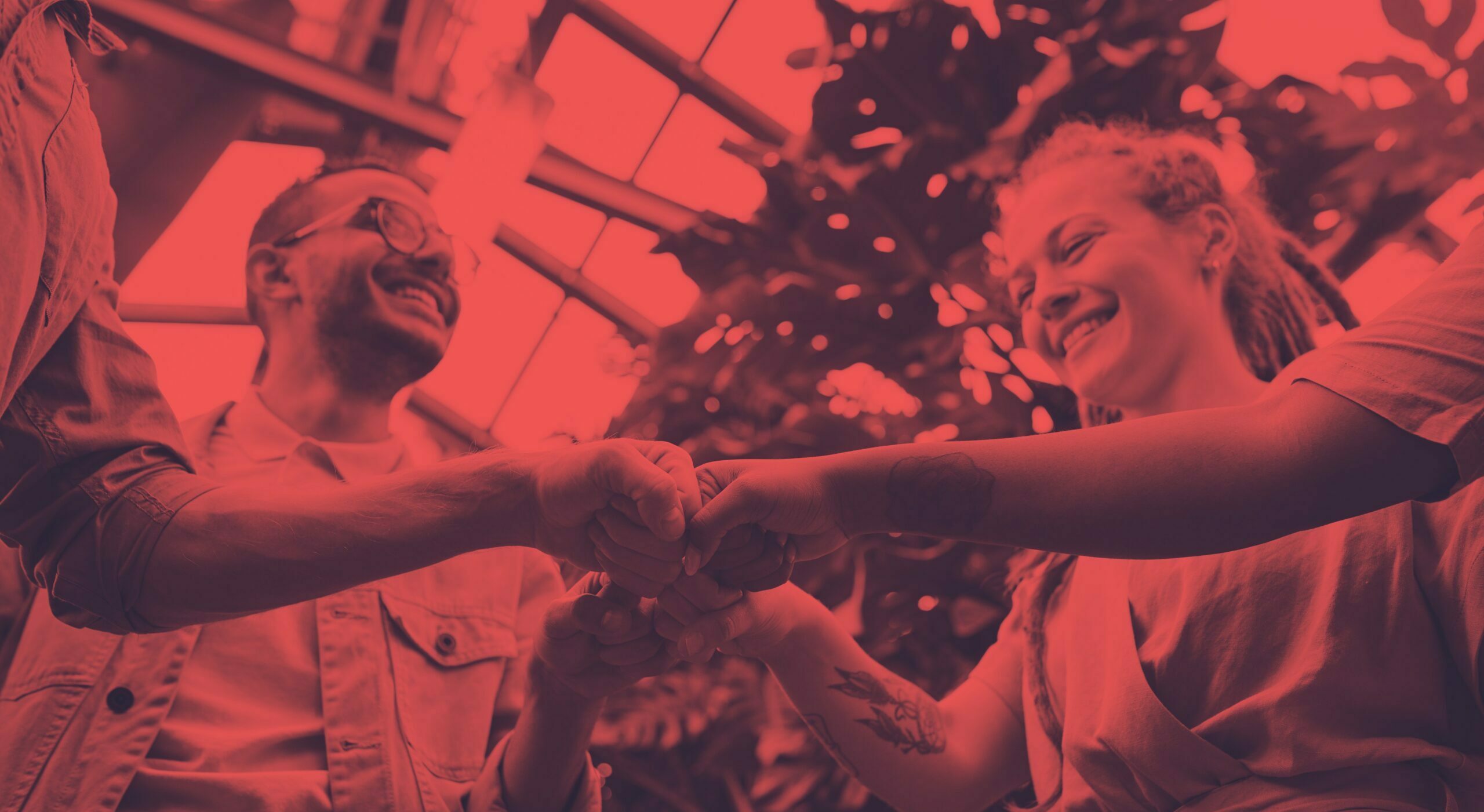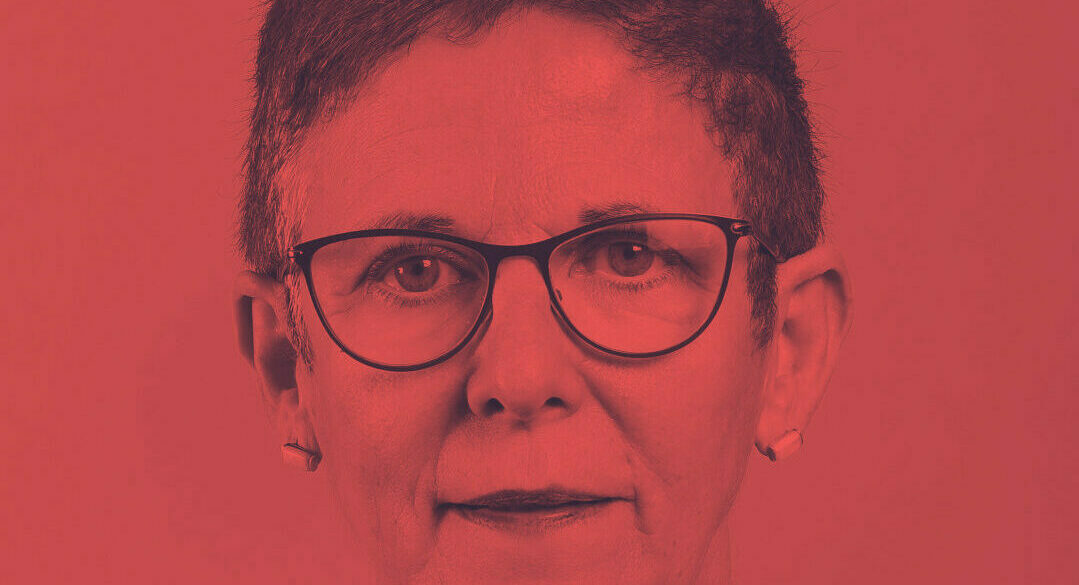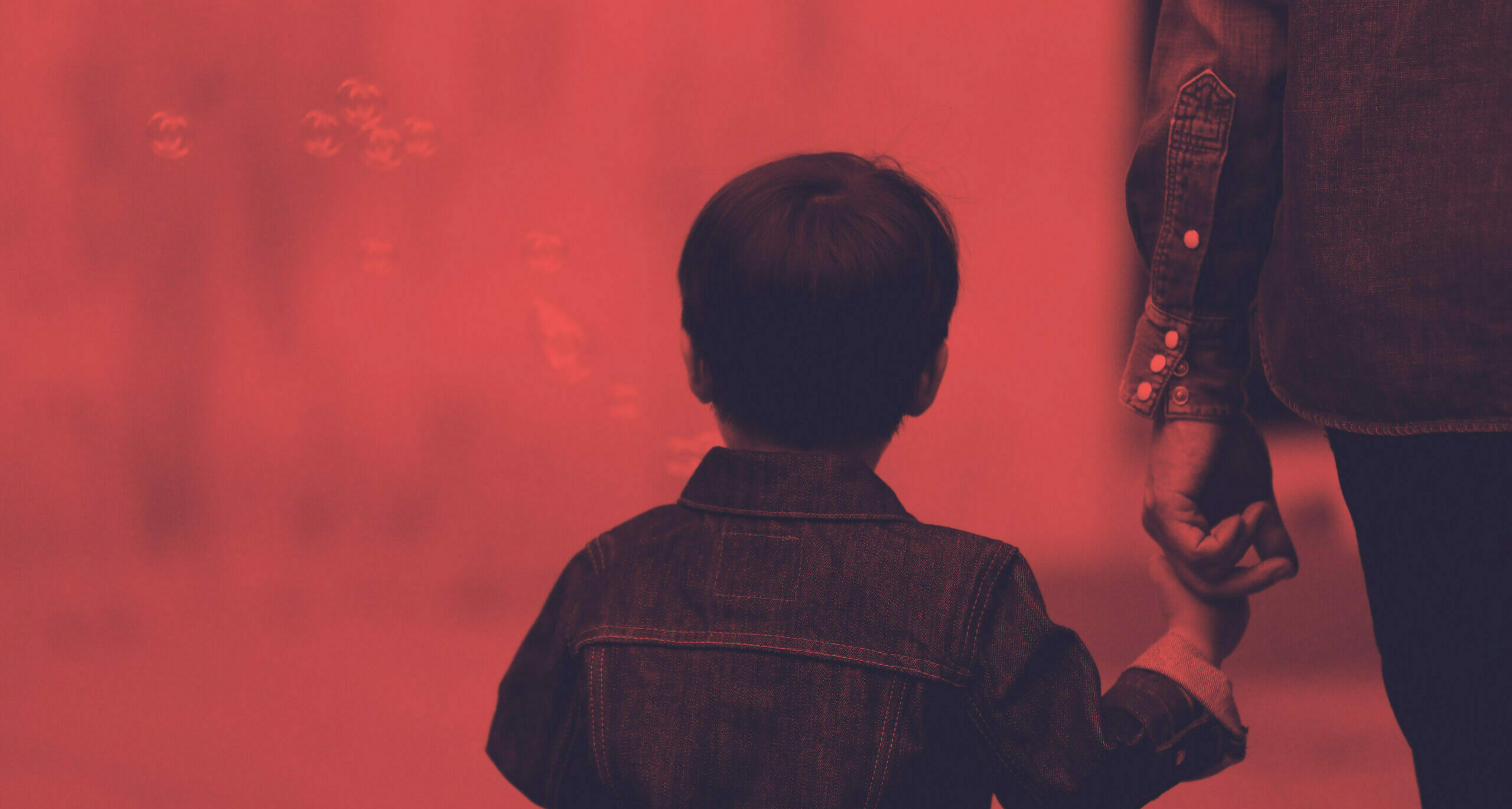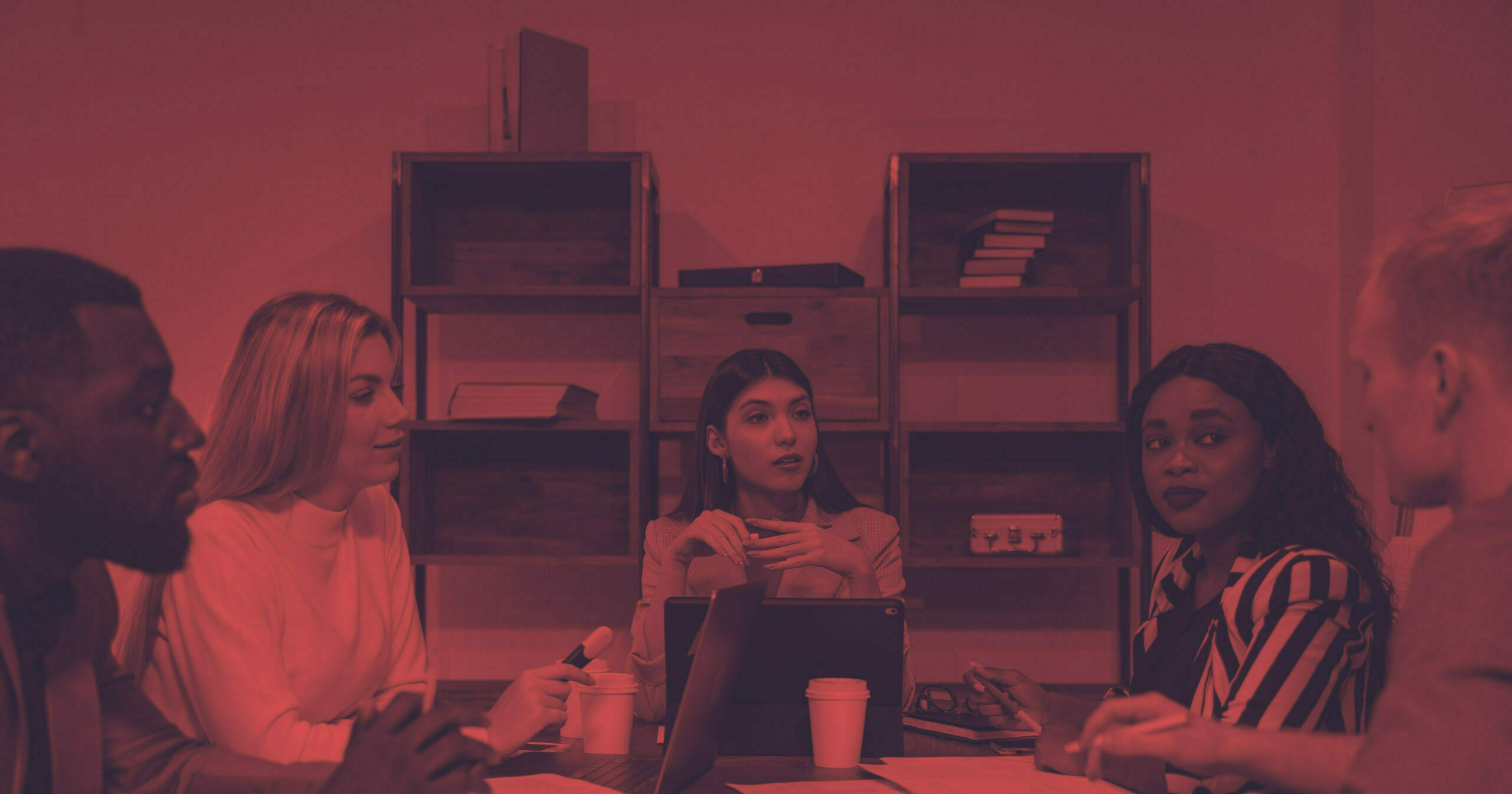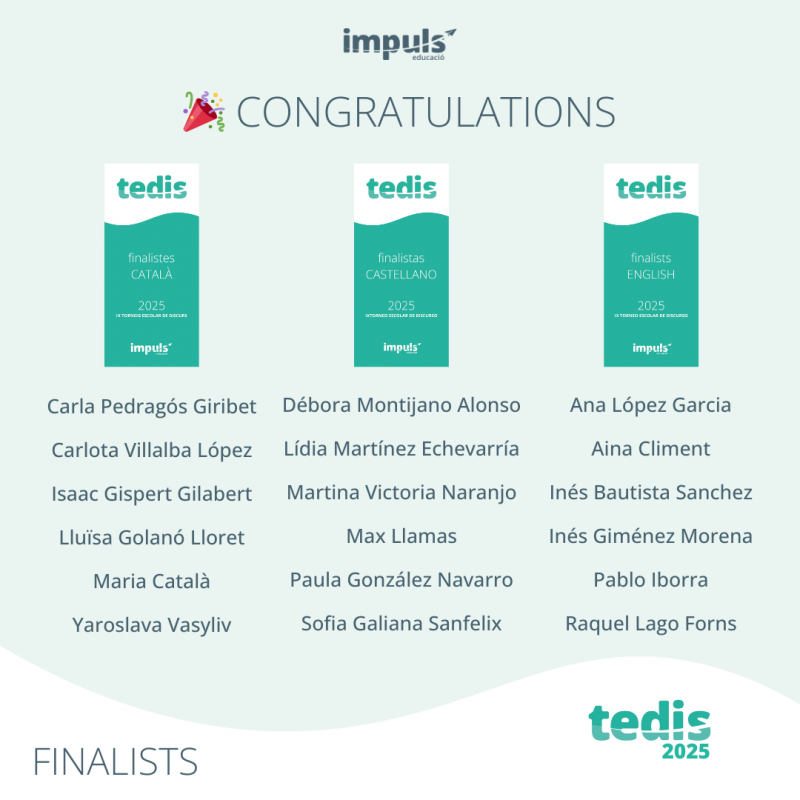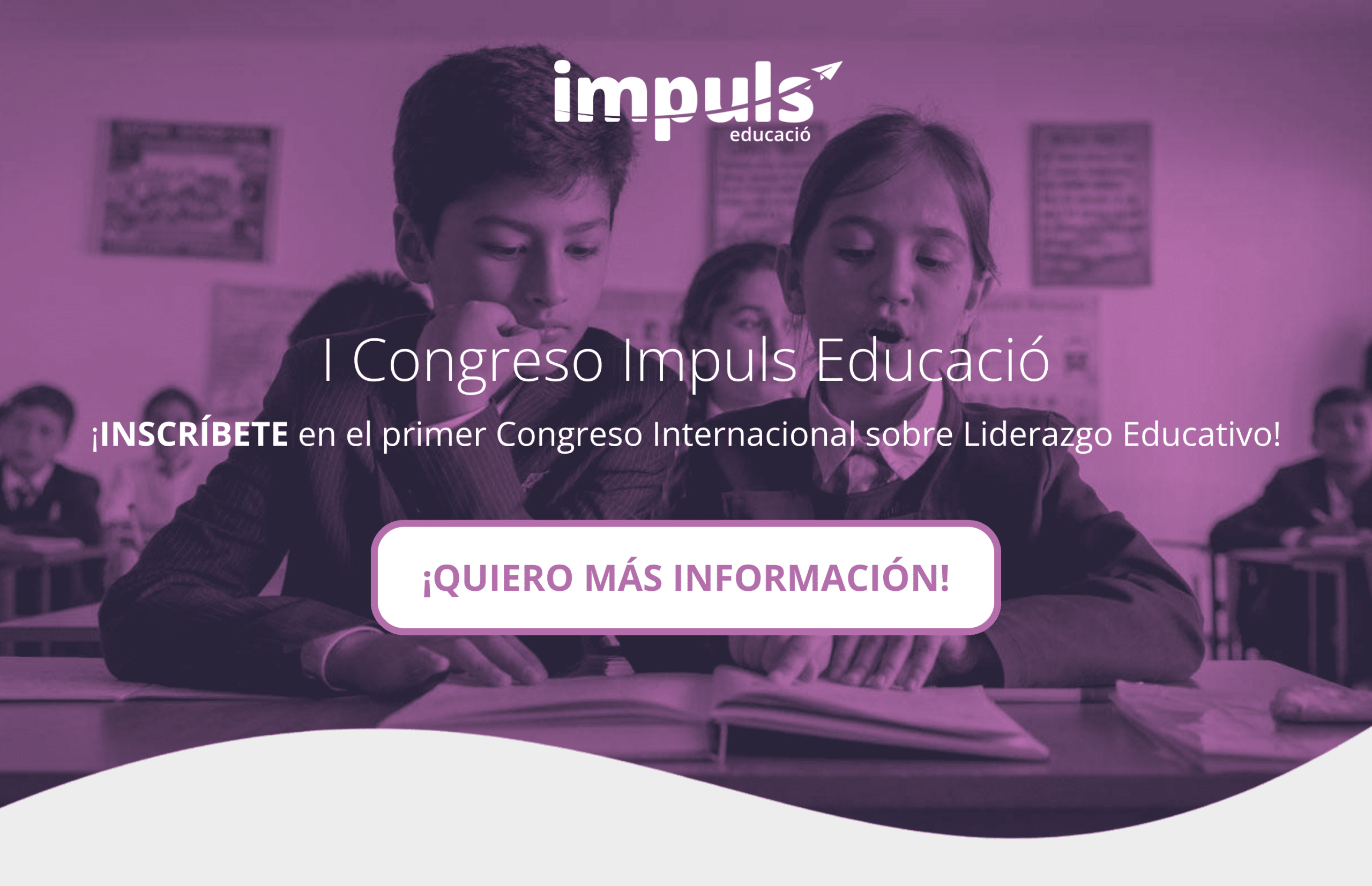by Ana Moreno Salvo
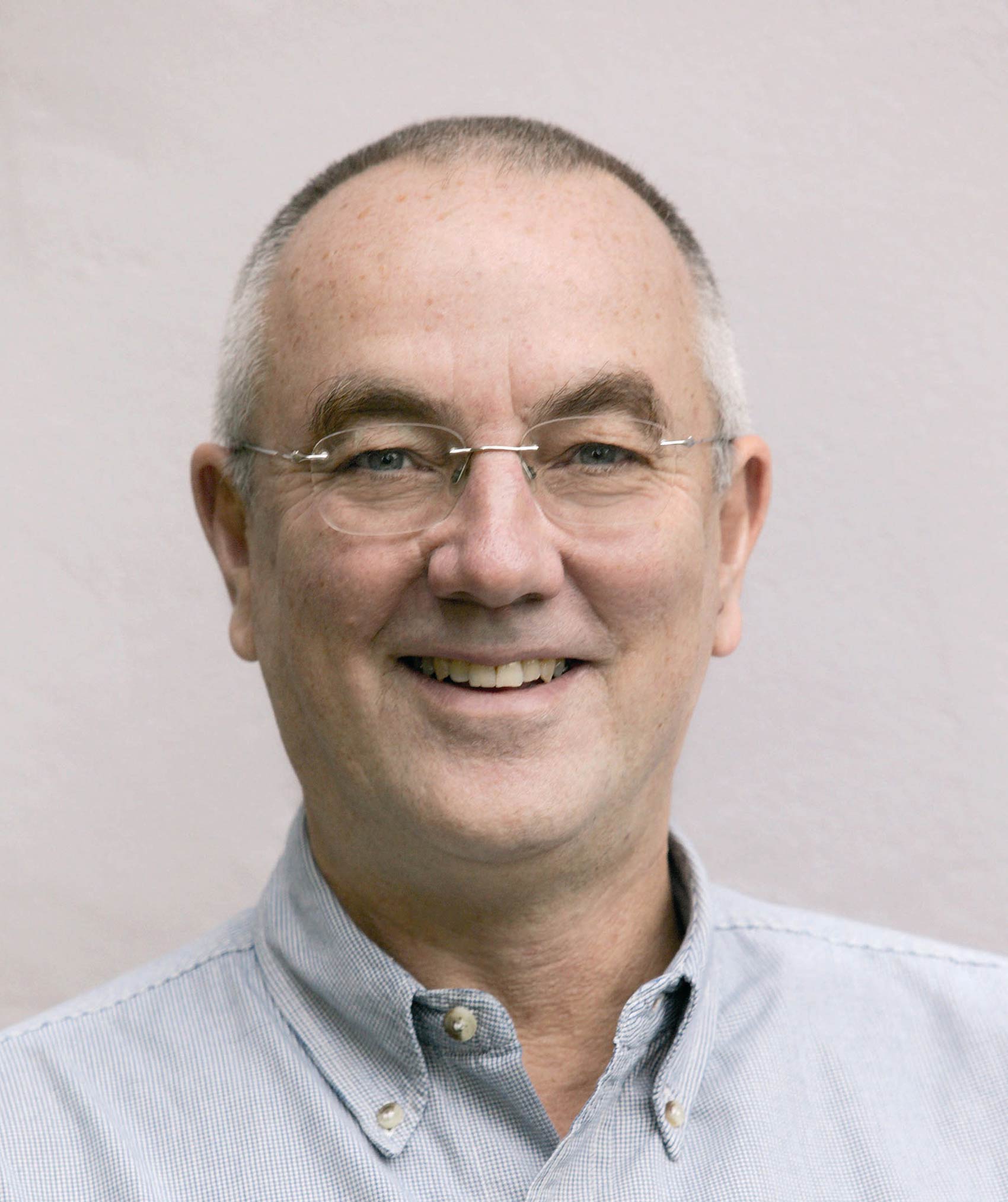
Guy Claxton is a British cognitive scientist and educator. He holds degrees from Cambridge University and Oxford University. He garnered recognition by successfully rethinking schooling to better prepare all young people for a lifetime of learning with an inclusive perspective. His books include “What’s the Point of School? Rediscovering the Heart of Education” (2008), and “The Future of Teaching: And the Myths That Hold It Back” (2021). His practical approach to the power of learning has influenced schools around the world.
At Impuls Educació, we are interested in international research and strive to establish connections with experts worldwide. With Guy Claxton we talk about effective educational transformation from the perspective of “Building Learning Power”. You can find the complete interview in issue 5 of the Diàlegs magazine: “Teachers with impact effect”.
Interview with Guy Claxton
Many people who have received so-called traditional education have not fared so badly. What do you have to say?
We must be clear about what we mean by traditional education. It is content-heavy education in which everything is channelled through the teacher. Knowledge is assumed to be certain and unquestionable. Students’ job is to learn it, memorise it and understand it to the point where they can use the information successfully under examination conditions.
The problem with traditional education is that it works for a minority of young people who meet three characteristics. First, they have a certain intellectual inclination, they are capable of holding abstract discussions and they find debating pleasurable. Secondly, they do not need much physical activity and do not mind spending time sitting. However, some people have to move to think. Third, this kind of school is designed for people who want to wait for a long time before making decisions.
School is not too well suited for people who are neither intellectual nor sedentary and are impatient to leave childhood. The traditional education is that it is elitist in a particular way. It selects young people who have certain characteristics and works well for a few, but not for all.
How do you think we should view knowledge today, and what role should it play in the schools of today and tomorrow?
The role and nature of the knowledge taught in school essentially depends on clarity and consensus about the purpose of schooling. Education should be about learning how to think, how to learn, how to collaborate, how to converse with other people. It should be a basic set of mental habits, dispositions or human skills that will be useful whether you are going to become a neurosurgeon or a shepherd.
Education should be about learning how to think, how to learn, how to collaborate, how to converse with other people

There are all sorts of things that we might consider valuable knowledge that may not be part of the traditional curriculum. Let’s talk about it! Those in favour of knowledge have a responsibility to answer these questions: Why do we teach knowledge and how do we set priorities?
One of the most controversial issues in this regard is memory. What role does it play in knowledge acquisition? What role should it play in a kind of learning aimed at fostering the capacity for lifelong learning?
Since the 1960s, psychology has promoted an image of memory as a digital storehouse, like a library. In this sense, the purpose of knowledge is to find it in order to take it out and demonstrate it. This is the traditional view of education. And this brings us back to the question of knowledge. We are not only interested in filling our memory with interesting knowledge. As your question brings up, we are interested in a learning process that fosters the capacity for lifelong learning.

We are interested in filling the memory with knowledge and a learning process that fosters the capacity for lifelong learning
The conception of memory has changed a lot. As far as we know, the only thing inside our heads is vast neural networks. Knowledge, skill, expertise, values, or interests can only be represented as changes in the functionality of those neural networks. Knowledge is stored as changes in functional creativity.
Memory contains values, attitudes, interests, beliefs, and opinions. The neural network model is more fruitful, appropriate, and positive for thinking about education than an outdated and discredited notion of memory like a computer.
Could you tell us a little bit about your “Building Learning Power” to help students become better learners in and out of school?
Education must equip all young people with the knowledge, skills, dispositions and habits of mind or character strengths, also called twenty-first century competencies. We have to equip young people with all of them to enable them to thrive in the world, whatever their path in life may be.
We have to equip young people with all of them to enable them to thrive in the world, whatever their path in life may be

The approach of the term “Learning Power” is like an emerging coalition of the thinking from different places around the globe. I must specifically mention the Harvard Graduate School of Education and in particular the work of Howard Gardner and David Perkins in developing a set of research projects called Project Zero.
There are all kinds of innovations underway around the world to build “learning power”, such as the Khan Academy. We can introduce small tweaks or adjustments in schools. We can continue to teach the traditional subjects. We can continue with traditional exams. But we can change the value system so that it no longer consists of retaining and reproducing knowledge for its own sake.
We are working with what we call the “magnificent seven learning dispositions”, namely curiosity, perseverance or persistence, concentration (being able to focus your attention), imagination, careful critical thinking, communication and collaboration with others, and a quality mindset. The “ethic of craftsmanship” is something we should help to cultivate in all young people.
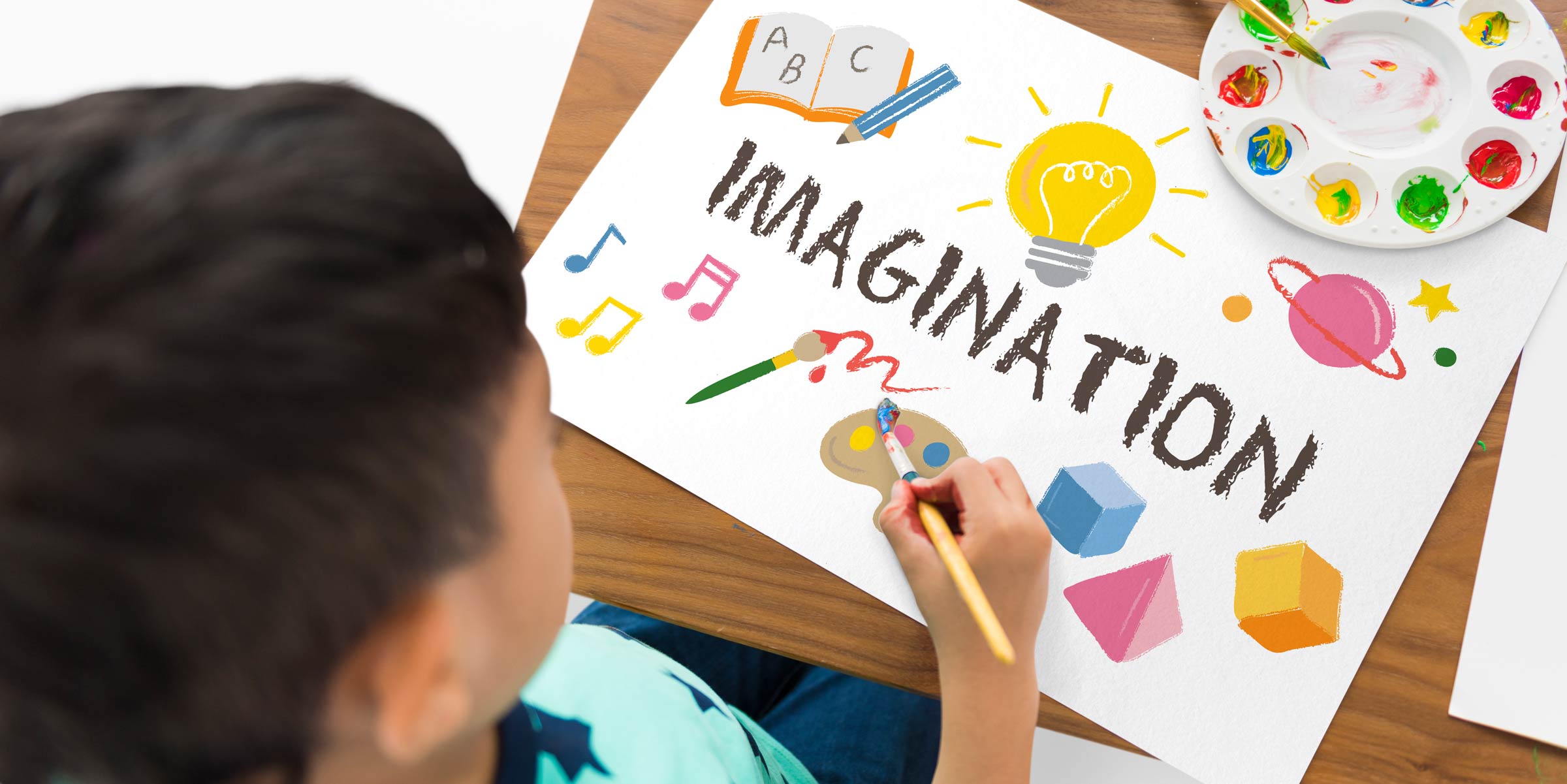
“Learning dispositions”: curiosity, perseverance, concentration, imagination, critical thinking, communication and quality
There are still many aspects of the conventional classroom that we can modify to prevent students from becoming passive, submissive, shy, and less adventurous, as happens all too often in the traditional classroom.
We are creating a different philosophy. We have to create that change in environment that makes us gradually build, value, encourage, observe and stimulate students to become more independent. So, it is not a competition between the traditional and the progressive. I believe that the future of twenty-first century education lies in cultivating these attributes, not some kind of intelligent machine.
Finally, could you describe the future of education as you see it, as well as the role of schools and families?
We have to evolve, not revolutionise, our way of conceiving education. But we need to be very clear about where this evolution is headed, and the small steps needed to effect out. We need a model for discerning the purpose of education, pedagogy model, a curriculum model, an assessment model and a school development and leadership model. Much of school leaders’ responsibility is to work to help parents understand this change.Part of our job as school principals must be to try by all means to reshape parents’ expectations.

